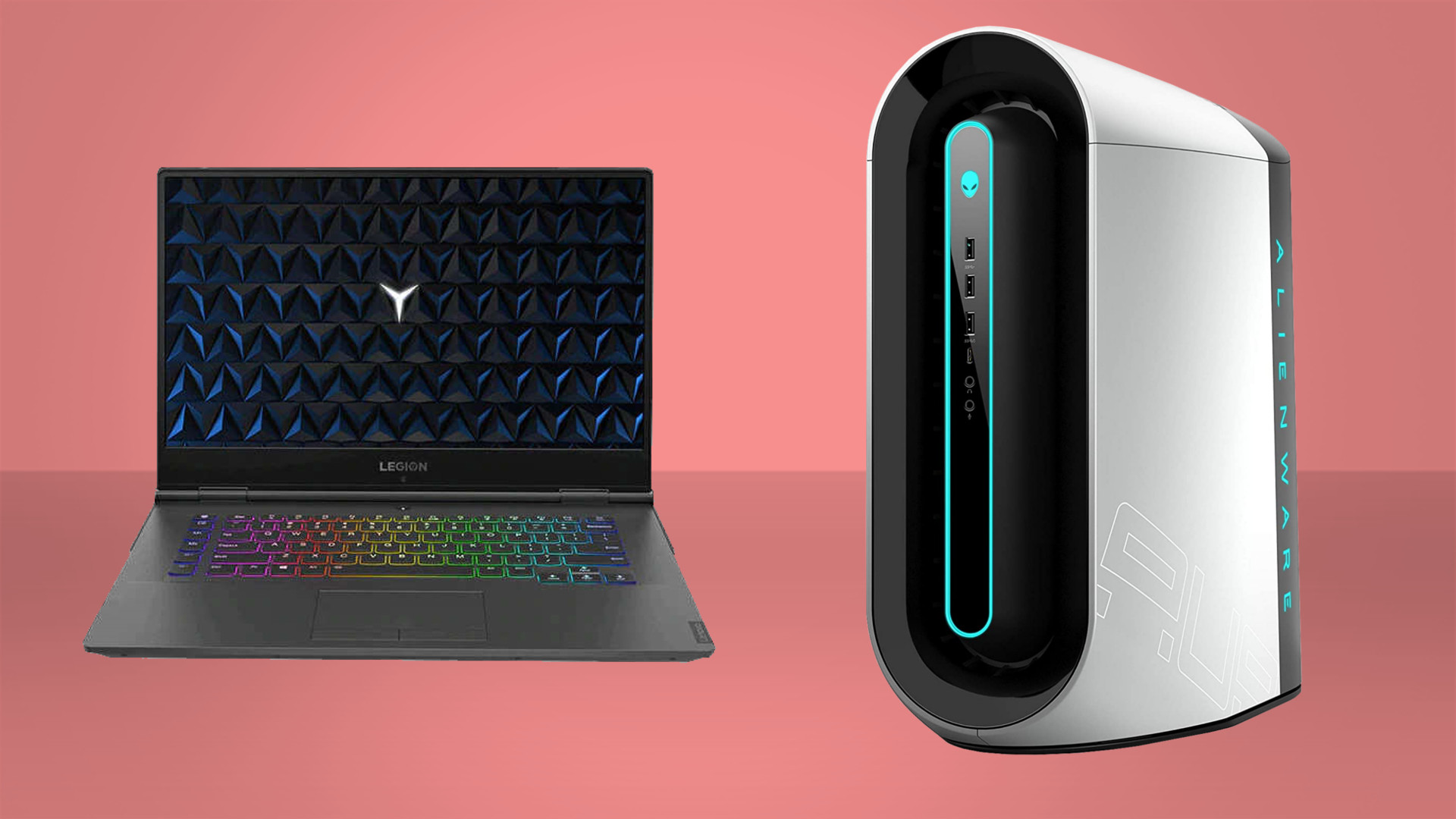Intel's Project Endgame could be a PC streaming service beyond just gaming
Huge computing power could become accessible to more people than ever before.

Back in February, Intel held its online investor briefing to lay out future plans for the business. Intel talked a lot about the future of CPUs and GPUs, and briefly mentioned something called Project Endgame. At the time, I speculated it was something a lot like Nvidia's GeForce now, and thanks to the upcoming Arc GPU launch, we have a little more clarity.
Intel's Lisa Pearce wrote a blog post answering some pressing questions coming up to the launch, and one of them addressed the mysterious Project Endgame, though it's still a bit vague. It does sound like we weren't far off with the game streaming comparisons, though it may go a bit further than that.
"Intel is determined to lower the barriers that can sometimes make PC gaming difficult today. Game compatibility issues, long download times, high performance variability and frequent patches and updates are just a few. Solving these requires investments and innovations in software technologies like cloud computing and global services," Pearce says in the post.
"Project Endgame is a unified services layer that harnesses computing resources everywhere – cloud, edge, and your home, to improve your gaming, and non-gaming, PC experiences. With Project Endgame, we can untether our users from their local hardware specs. Project Endgame is paving the roads for the next decade of real-time GPU experiences for Intel, with the goal of petaflops of compute accessible at a few millisecond latency, and starting in Q2 of this year we will take our first public steps."

Best gaming PC: The top pre-built machines from the pros
Best gaming laptop: Perfect notebooks for mobile gaming
The current iteration of GeForce Now, as an example, allows you to remotely rent an Nvidia PC to stream games to your supported screen. Project Endgame sounds similar, but it could have a larger scope, beyond games. This means we could see applications for complex computations without having to own a computer that can handle them. Artists could rent something to run their preferred programs.
If the price is friendly enough, this is exactly what I was hoping to see based on the initial presentation that seemed to be hinting at this kind of use. Computing power made accessible, especially for people who may be hobbyists or not using it all the time.
This is still just more speculation based on the drips of information Intel is giving out. Given it was answered leading up to the Arc presentation on the 30th, perhaps we'll find out more concrete information about the new service then.
Keep up to date with the most important stories and the best deals, as picked by the PC Gamer team.

Hope’s been writing about games for about a decade, starting out way back when on the Australian Nintendo fan site Vooks.net. Since then, she’s talked far too much about games and tech for publications such as Techlife, Byteside, IGN, and GameSpot. Of course there’s also here at PC Gamer, where she gets to indulge her inner hardware nerd with news and reviews. You can usually find Hope fawning over some art, tech, or likely a wonderful combination of them both and where relevant she’ll share them with you here. When she’s not writing about the amazing creations of others, she’s working on what she hopes will one day be her own. You can find her fictional chill out ambient far future sci-fi radio show/album/listening experience podcast right here.
No, she’s not kidding.

